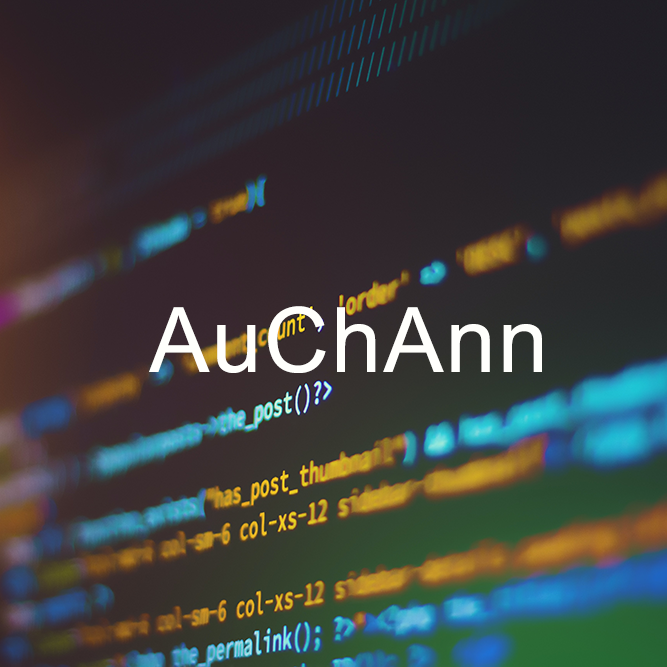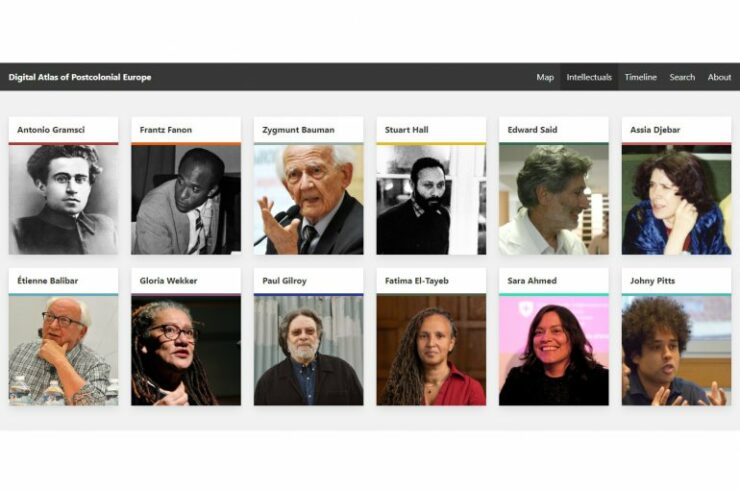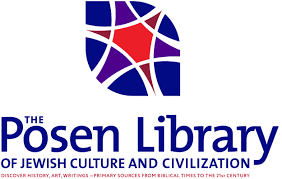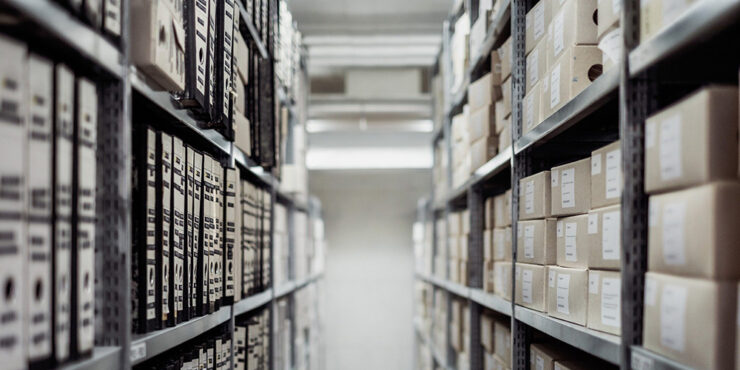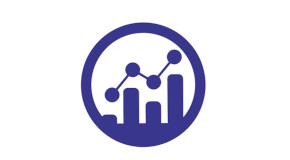Monthly quantitative research design meetings for humanities staff – Sign up as presenter or participant
From February 2023, Statistical Advisor Kirsten Schutter will organize monthly ‘Quantitative research design meetings’ in the Living Lab Digital Humanities. These meetings are meant for humanities staff who are interested in or struggling with the quantitative component of their research designs. During this meetings researchers can present and discuss their ideas. According to textbooks on
Showcase text and data mining application I-Analyzer – The Age of Revolution through the lens of historical newspapers
Researchers and students are more and more interested in the use of text- and data-mining (TDM) for studying large quantities of digitally available text corpora, such as newspapers and journals. With TDM you can systematically experiment on and query sources as newspapers and periodicals in bulk, so that you can discover the evolution of concepts
Digital Humanities Lab launches AuChAnn
The Digital Humanities Lab (DHLab) recently launched AuChAnn, the Automatic CHAT Annotation tool. AuChAnn is a python library that can read a Dutch transcript and interpretation pair and generate a fitting CHAT annotation. Scientific developers Sheean Spoel and Mees van Stiphout of the DHLab developed AuChAnn in collaboration with Frank Wijnen, Professor of psycholinguistics at
Department of Media and Culture Studies and Digital Humanities Lab launch of Digital Atlas of Europe: postcolonial intellectuals
In collaboration with the Digital Humanities Lab, Professor of Media, Gender and Postcolonial Studies Sandra Ponzanesi and research assistant Julia de Lange launched the Digital Atlas of Postcolonial Europe: Postcolonial Intellectuals. The Digital Atlas of Europe aims to visualise the connections of postcolonial intellectuals across time and space, within and beyond Europe. It offers a symbolic selection of major postcolonial figures
AI Labs call to action – new deadlines for 2022
AI Labs has issued a second call to action for new project ideas, with 1 March 2022 as the deadline. About AI Labs AI Labs are a collaborative fund from the faculties of Science, Geosciences and Humanities. Utrecht University encourages more collaborative, transdisciplinary, long-term and sustainable research projects with public and private organisations. With the
Posen Fellowship in Digital Humanities & Indexing
The Posen Library of Jewish Culture and Civilization seeks to create a cohort of 10-15 Fellows in Digital Humanities & Indexing with graduate level work in digital humanities, digital archiving, or metadata and indexing, as well as a passion for Jewish Studies. Fellows will spend the bulk of their time working with the primary sources
The Digital Humanities Lab develops digital toolset for major European research project ‘People and Parliament’
The Utrecht Digital Humanities Lab will collaborate with the University of Jyväskylä (Finland) on the political-historical research project ‘People and Parliament’. This collaboration between software developers and historians enables groundbreaking research into parliamentary data. ‘People and Parliament’ is an ambitious project. The research focuses on the use of political language in the national parliaments of
New source material now available via I-Analyzer
A new corpus consisting of the annual reports (1957 – 2008) of 304 companies are now available via I-Analyzer, the online text- and datamining application of the Digital Humanities Lab. The reports are offered in two categories: financial- and non-financial companies. You can log in with your Solis ID or create your own account. The source material is archived
AI Labs – call to action
Utrecht University encourages more collaborative, transdisciplinary, long-term and sustainable research projects with public and private organisations. With the start of the AI Labs, we aim to provide external parties and sectors with the means to address their (societal) challenges through AI and Data Science research and techniques, and to collaborate with interdisciplinary science teams at Utrecht University.




